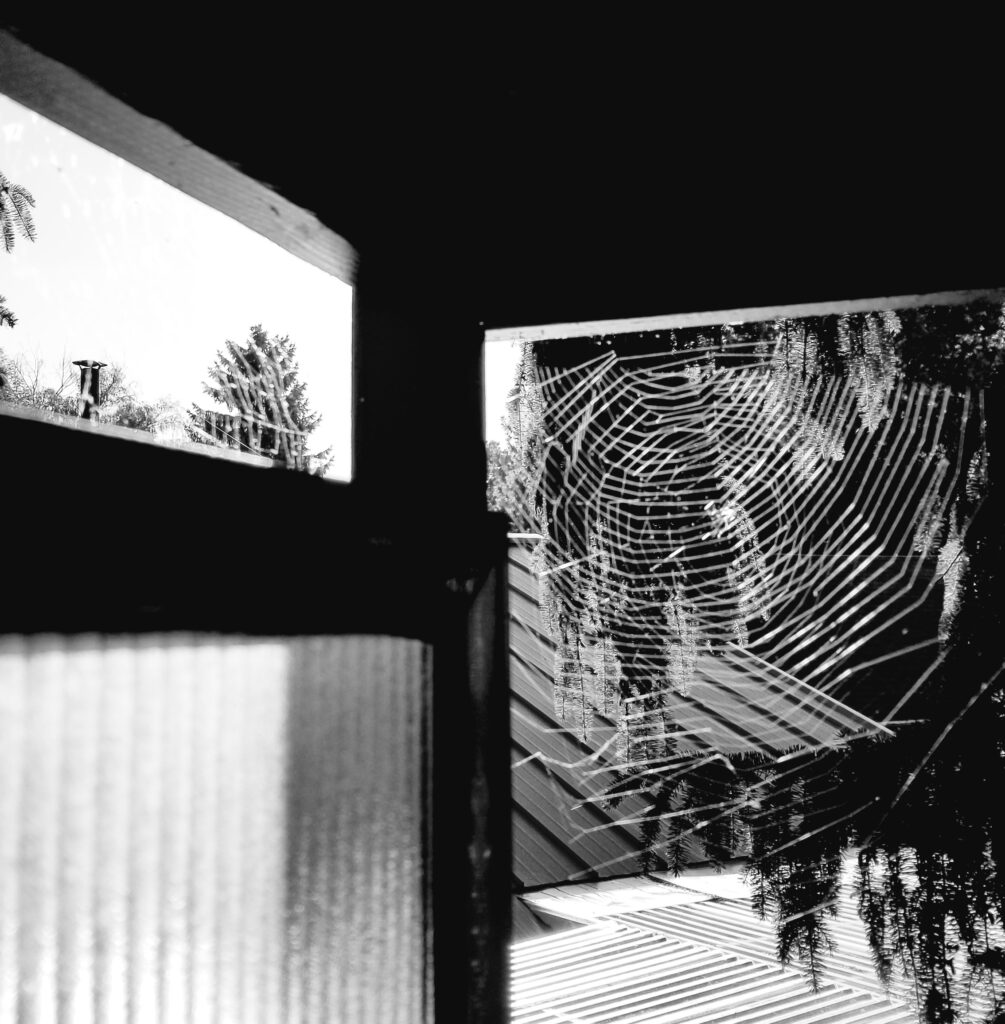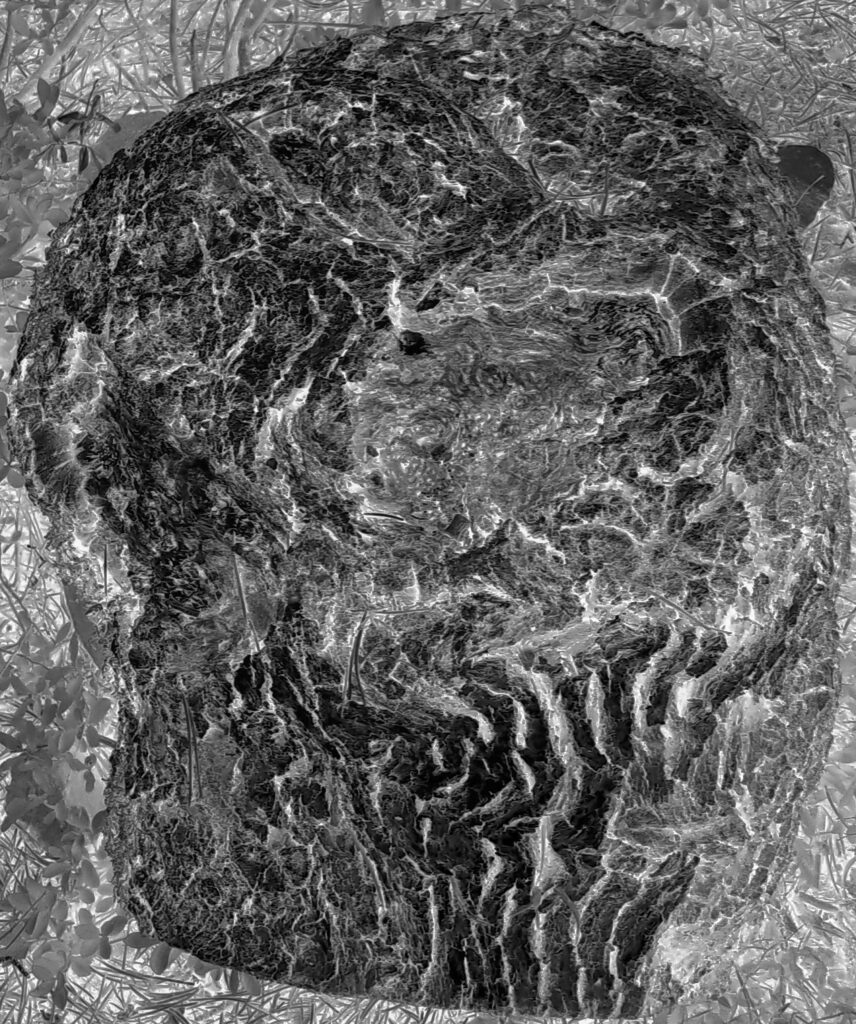(or “How are you?“)
On a 25 mile meditation yesterday I may have found a solution to the frustration I am having in writing the kinds of pieces I want to put out into the ether.
I wanted to publish an essay concerning beginning the discussion of late-life choices with a focus on health, comfort, honesty and dignity. It remains unpublished because of some presentation difficulty I am having. Any thoughts are welcome.

In rewriting it I was going to present the problem I’m having with a gritty example from my own life that could illuminate the issue giving me trouble. People don’t like to be used to make points. I don’t mind so I will be naked to teach. To me the benefit of an honest conversation far outweighs any embarrassment for my actions. I own everything I do.
Every flaw.
I am certain that most people lack the ability to distanciate, and as a result they do not take criticism well.
I use my ability to separate my analysis from my ego to feel OK about revealing things about myself that might help someone else. Even if other people feel embarrassed for me for my honesty. That is their problem in my opinion.
My problem is: how do you discuss very real issues in a public forum without hurting the real characters in the story? How do you tell stories from your life?
What is honest analysis and storytelling?
It became apparent quickly that my idea requires more work. Probably therapy.
The example that I used–that I was going to use–is the fact that I was sexually assaulted, victim blamed and shamed when I was in middle school…
My first version was heavy on detail, and probably some people who might read this that knew me 35 years ago would be able to figure out who the characters were.
I have now stripped it down, and I think the writing is almost as emotive, but without embarrassing anyone by default. How I handled that fact is connected to an issue of interest in today’s essay which is my curiosity about perception of honesty.
…It lasted a few minutes and I ran from the scene, berated from the window of the second floor bedroom by my assailant, another friend looking on from the same window trying to make sense of what just happened…
Middle school is an awful time. Here is another example of a real experience, less masked. It is much easier to tell who the people could be–and they will know who they are if they read this, but in this example I am less worried for the characters that they will feel badly if they read it. I certainly do not want them to feel badly. It is a very different experience than a somewhat violent sexual assault followed by a smear campaign.
They would probably say what I say, which is that middle school was horrible. I don’t think anyone ever said their best years were ages 10-14.
When I was in eighth grade some friends I had–really my best friends–friends I had since first grade, approached me nervously with a proposition as we walked down the short steep road that connected the upper and lower parts of our primary and middle school.
They told me that there had been some kind of “meeting” among the larger group of kids that we all hung out with, and they had decided to let me start coming to parties that apparently had been happening for a while without my knowledge. The words and body language that they used made it sound as if the decision was not unanimous.
I was on “probation”, yet unaware that I had been on trial. I guess that makes it the most honest kind of trial. In that moment I felt like the curtain had just dropped. I suddenly felt very different from my peers, and not in a good way.
Inferior.
Devastating new world. I hold no resentment. It was the most honest that my friends would be with me up to that point and the beginning of my struggle with depression for which I am grateful. It gave me empathy.
Until this post I have not revealed these incidents to anyone, not even therapists because as traumatic as it was for me, the only lasting damage should be within my control 35 years later. I didn’t get badly mutilated, shot or raped. My life is lucky.
Many are not lucky.
I am immensely grateful for my existence.

The difficulty in creating emotively relevant written work (for me) is truth. Some folks can write fiction, and I admire them deeply for it. Some can tell a story by making up new names and places. I am clumsy with fiction because I am simply not that talented–or committed to developing a story or a character. If I know the facts are made up then the piece loses value to me while I am writing it. A universe of my own creation is unbelievable to me.
However.
A well crafted universe from the mind of another person can easily entice me into following their rules of reality and lose myself. I am certain having read Still Life With Wood Pecker by Tom Robbins, that in my mind I effectively had sex with his protagonist Leigh-Cheri.
Her or Tom Robbins. Either way it was that good.
When writing is that good then fiction works. I thought I had a favorite book until I read Sirens of Titan by Kurt Vonnegut a few years ago. My favorite book had been a lot of books, none of them fiction. Mostly textbooks and social analysis.
Now it is a 1959 science fiction novel.
I found a deep connection to the robot character Salo, and the cosmos presented fits in with my own world view closely. I cried while I was reading the last chapter–not just because the ending is beautifully sad, but I experienced anguish about the fact that the book was ending and you can only experience reading it for the first time once.
That is good writing.
My writing is not that good, but I can get ideas across fairly well by using it.
As a result I write mostly from experience.
That often involves descriptions of actions of others. I would like to think that when people read what I write about my experiences, they are more interested in the message than the details–even if it is a detail I observed in them personally. Details are illumination on a landscape of the sentiment. People get hung up by different things, and sometimes I don’t know what someone will take away from my written work–what they might find offensive or notable. My hope is that most people will look at 60% of the work with the same lens and each reader will find a different elective in the remaining 40% of content. POV is everything. I don’t want the details to block the message.

Back to the start.
I wrote a long essay to post a couple of days ago. Then yesterday I decided to rewrite and break it up into several shorter pieces in order to get around the potential of humiliating anyone mentioned in publication with luminous details.
I needed a strategy for how to present one critical element of the larger essay.
That element is a discussion about lying within the context of late-life decisions.

I am sure that all families have their strange buffering untruths for the management of projections and expectations–uncomfortable and routine.
Some take it further than most. It goes beyond Keeping Up Appearances all the way up to Goodbye Lenin!
At 48 I am finding it increasingly difficult to live with the lies I carry for the sole purpose of smoothenation.
Smoothenation is my word, and it is supposed to be an honest word. It is about relaxed refinement, aesthetic and otherwise.
In the context of family-lies smoothenation is the subtle deflection or blatant manipulation of truth for the purpose of not upsetting geriatric or mental fragility. I don’t like to use my trademark word like this, but everything in my life has an inversion.
I just call it lying and I feel the weight.
I don’t hate much, but I do hate avoidable complication. It is a waste of everything. Time, energy, trust. It makes investment pointless.
Rube-Goldberg relationships.
This is a problem. Lies are a lot of mental energy.
It is a lot to remember.
My back can’t take the weight of it anymore.
At what time do I get to be an adult?
Do I go straight from being property of my parents to being my child’s pet?
Do I ever get to be honest?
I was taught to be honest–that you should not lie for greed or to cover up a bad act. You should not lie for personal gain.
Is “keeping up appearances” personal gain? It leads to better jobs and familial favor.
If so then what exactly was I taught? Is keeping a racist uncle calm by complicit veiling helping anyone?
Is lying to avoid fights a good reason to lie?
What can you trust?
It would be interesting to make a Venn diagram of the many types of lies and see where they all intersect. That overlap would be a tangled web…confusion ultimately.
No?
There are as many ways to lie as sentences to create. Why not cut all the losses and move forward with truth?
Amnesty.
Everyone will adjust and feel closer eventually. Maybe..?
Dishonesty stands in the way of real love, no matter how small the lie.
Perhaps I am wrong and most people lie out of love.
So
The next several entries on this blog will be a reconstruction of the essay that derailed me, minus some details that I felt were good story telling for my thesis and the narrative, but there is effectively no way to do so without causing problems. I can find a different set of examples to illuminate the realities of my subject. Something that tells the story without implicating any of the characters. Something as real as being assaulted or humiliated, but that does not humiliate the subject of the example in the process.
My subject for these essays is family, because that is with whom I will most likely share the process of aging and dying in the most intimate terms.
The front door was locked so I guess I have to push what I can through the mail slot.
Some of it can be reconstructed into a poem or two also. Maybe my thoughts about death and beauty are best communicated in verse.
Why not? Maybe there will be corresponding sculpture and painting. The topic is dark. Lots to work on.
Start with Lot 1.
What happened to him?

I feel a bit frustrated that I cannot publish the original piece as a complete work, but I have never wanted to hurt anyone intentionally or unintentionally. If I have to withhold honesty (a euphemism for lying) in order to avoid destroying mostly healthy relationships then I will. It isn’t my loss if people would prefer to see the moments that pass by them as a cartoon of existence instead of a manageable conversation. I don’t want people to feel anything less than irie.
Art and life are a process, not a product. I learned more by shelving the first draft than I would have by publishing it.
These new essays should be short and released when I feel they are readable as standalone pieces. However, they are ultimately parts of a series on the one core topic.
Facing later life choices and finding ways to have health, comfort, honesty and dignity as we move toward ultimate passage.
It should be an interesting exploration. Hopefully other people agree. Most interesting would to read the series in 20 years if I am still alive. If I am still cognizant of anything.
A friend of mine who is a great writer and finding frustration with the new world shrinking attention-span, got me thinking yesterday about how to present my own writing better. What I decided is that the bulk of my future posts should be less than one page. Three paragraphs and a picture.
Maybe.
If I really want to get into a subject then a classic five paragraph essay and two pictures can surely do everything I need. Thank you high school!
Composition no longer matters. Writing doesn’t need to be fun to read anymore. It doesn’t need to read beautiful. Few people reserve the bandwidth.
Adios loquacious Dickensian focus. The crisis of idiomatic memes has arrived.
Think in emojis.
Please read along if you are compelled to do so.
Peace.
